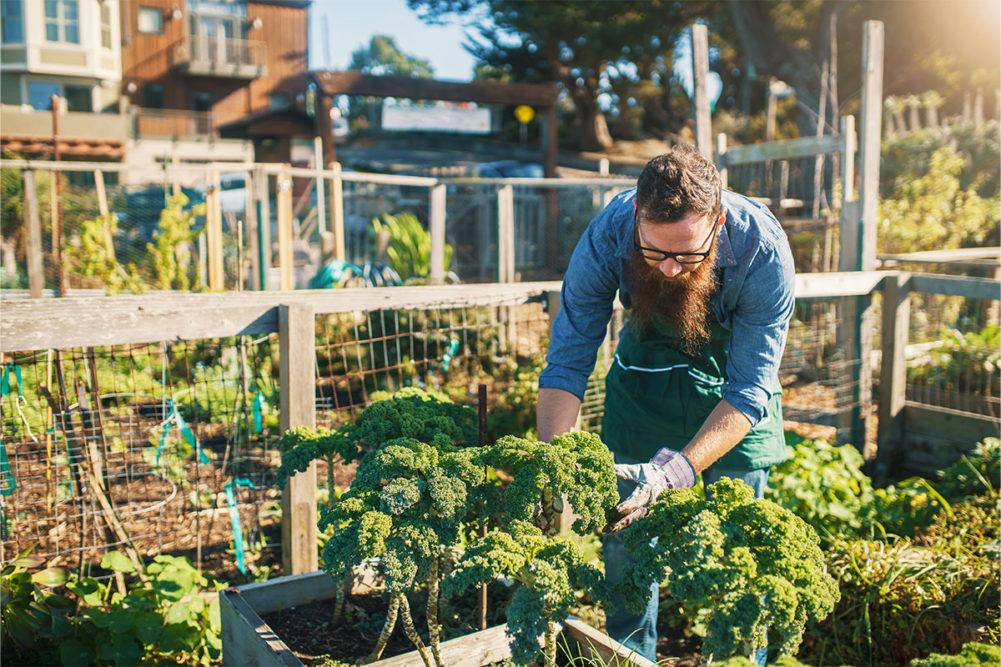WASHINGTON -- Four members have been added by Secretary of Agriculture Tom Vilsack to the Urban Agriculture And Innovative Production Federal Advisory committee.
The new members will replace four others whose terms are expiring and are rotating off from the committee.
“The committee is part of the US Department of Agriculture’s efforts to support urban agriculture and innovative production, creating a network for feedback,” the USDA said. “The committee’s public meetings give the urban and innovative production community and others an opportunity to witness deliberations and voting procedures.
Established in January 2021 through the 2018 Farm Bill, the Office of Urban Agriculture and Innovative Production is led by the National Resources Conservation Service. The committee has 12 members, representing agricultural production, innovative production, higher education or extension programs, non-profits, business and economic development, supply chains and financing. The committee has held seven public meetings in the past 20 months. The next is set for Jan. 31, 2024.
Appointed to three-year terms, the newest committee members are Ted Fang, a San Francisco urban producer; Qiana Mickie executive director of the Mayor’s Office of Urban Agriculture in New York; Jeffrey Young, director of urban extension at the University of Kentucky, Shepherdsville, Ky.; and Kate Greenberg, Colorado’s commissioner of Agriculture, Denver.
“This Urban Agriculture and Innovative Production Committee relies on a diversity of expertise and perspectives,” said Terry Cosby, chief of USDA’s Natural Resources Conservation Service, which houses USDA’s Office of Urban Agriculture and Innovative Production. “We are excited to learn from the new insights these members will bring to the Committee and USDA is grateful for the contributions of the departing inaugural members.”
In support of urban agriculture, the USDA provides grants that “target areas of nutrition access, education, business and start-up costs for new farmers, and policy development related to zoning and other urban production needs,” the Department said.
The USDA effort also includes cooperative agreements to “develop and test strategies” for implementing municipal compost plans and efforts to reduce food waste.





